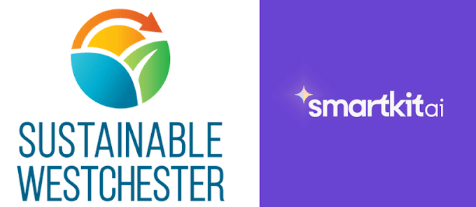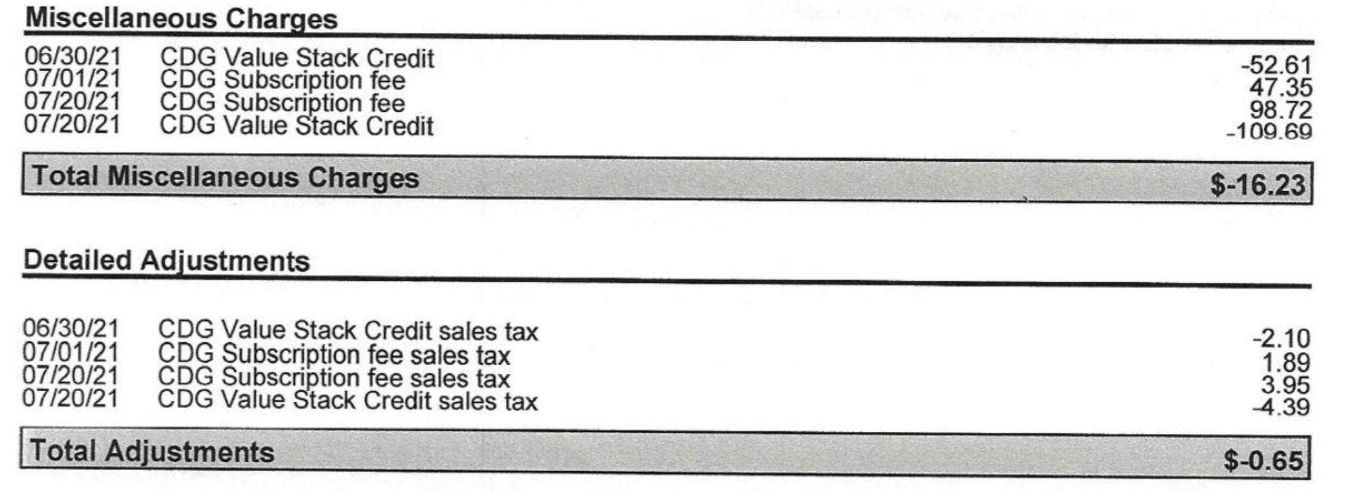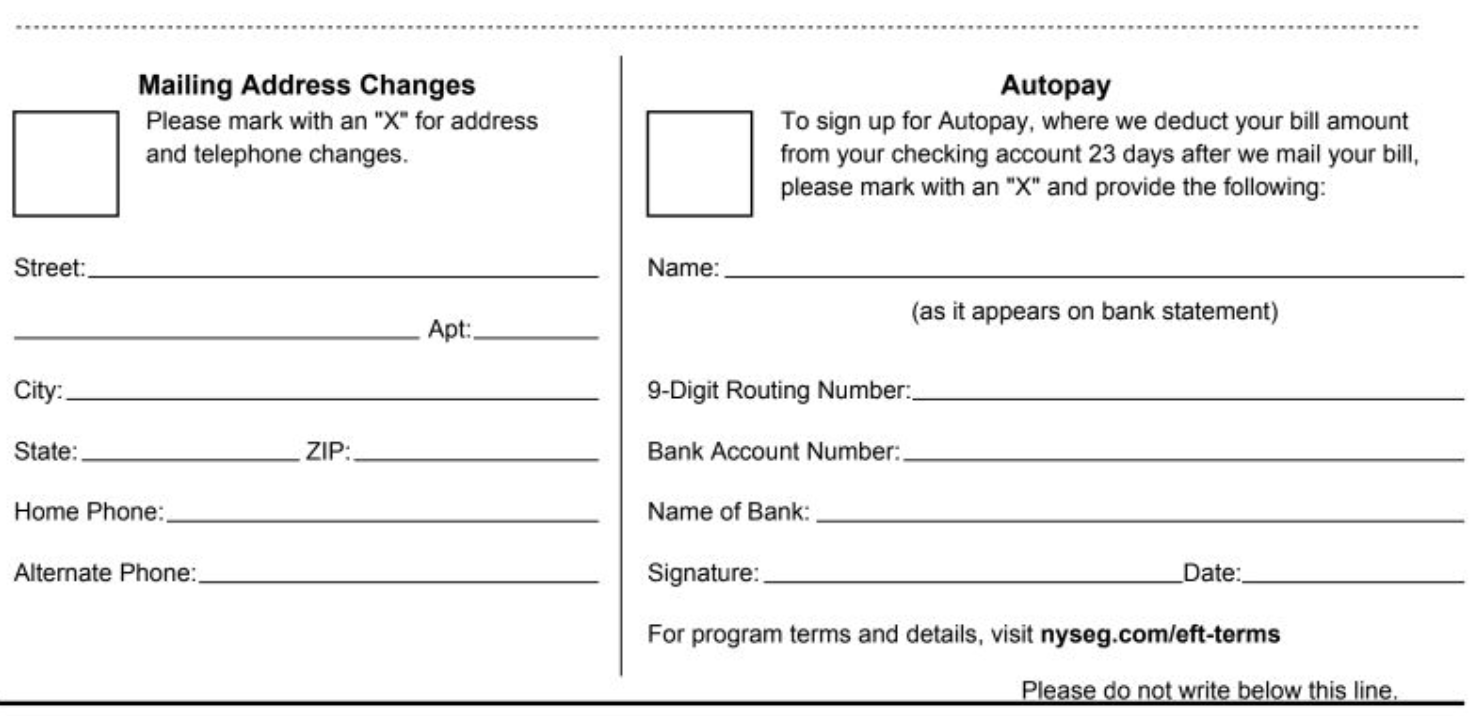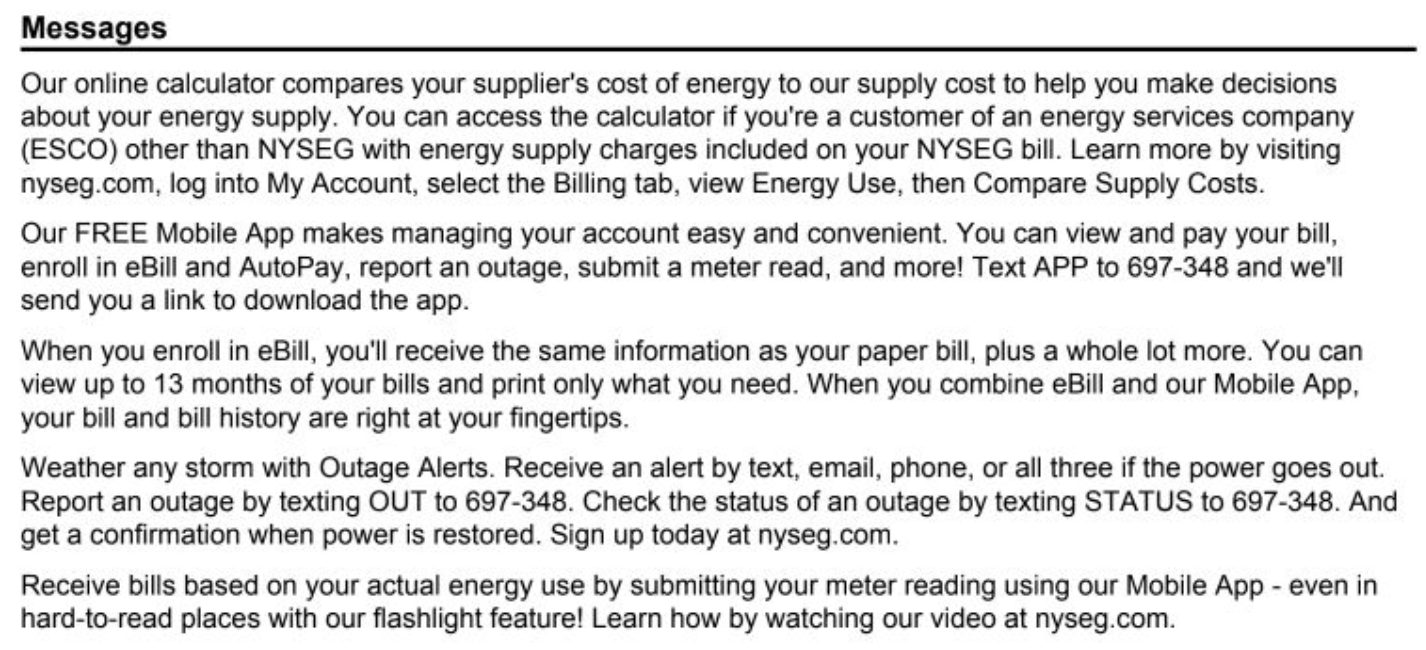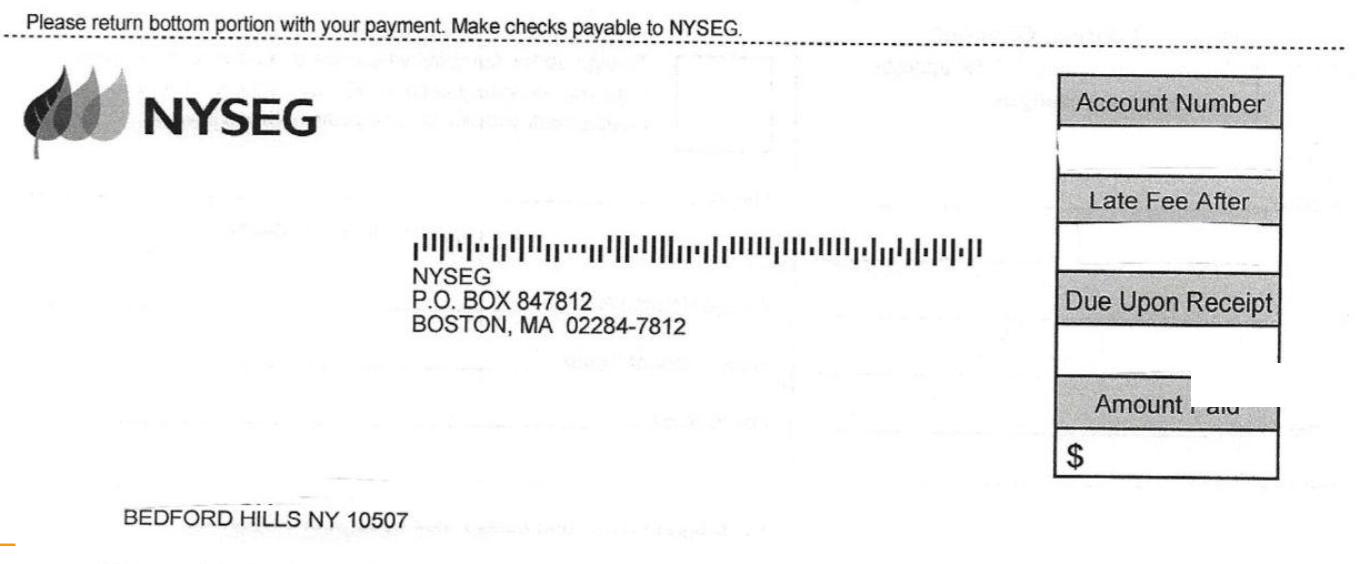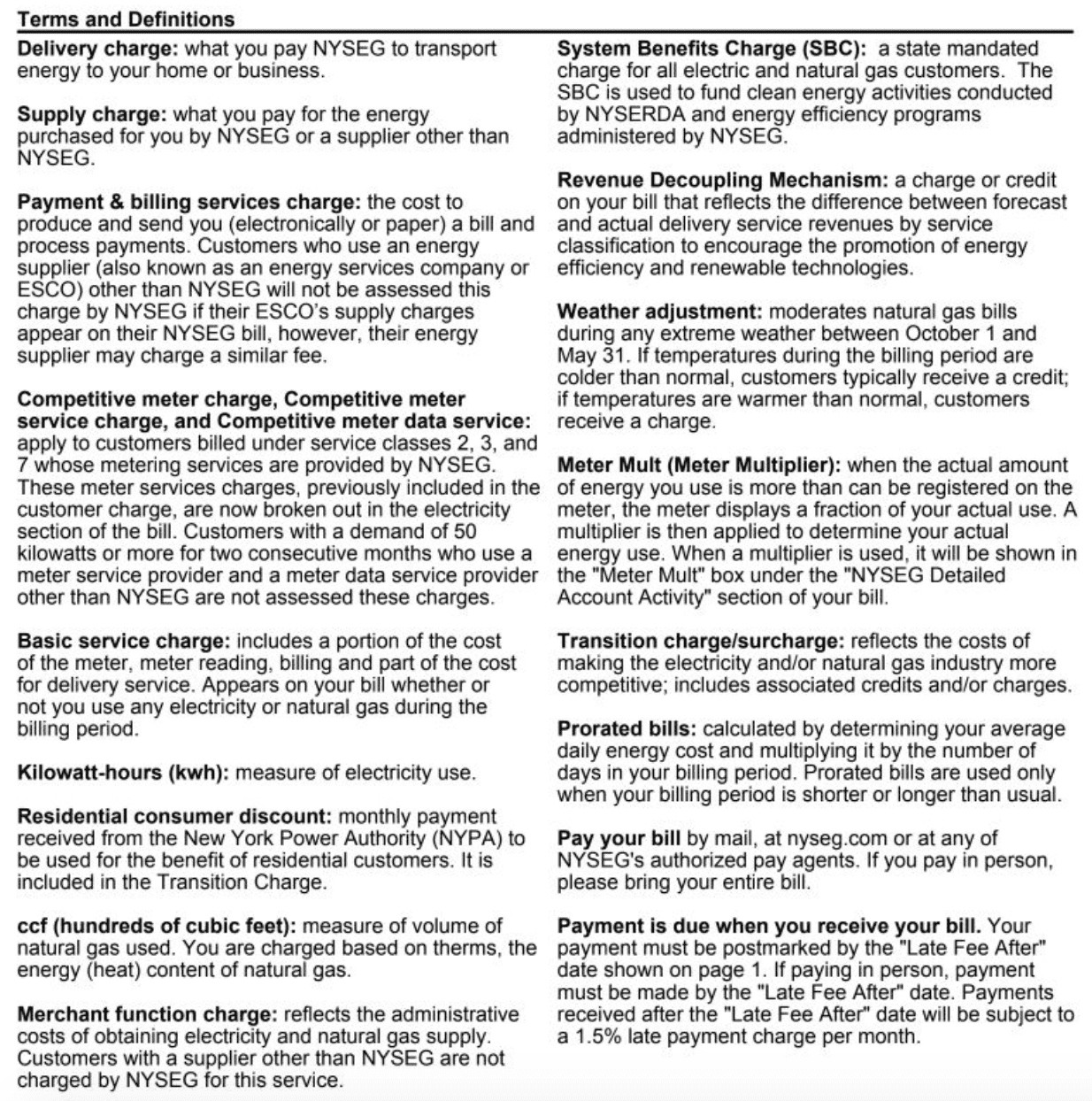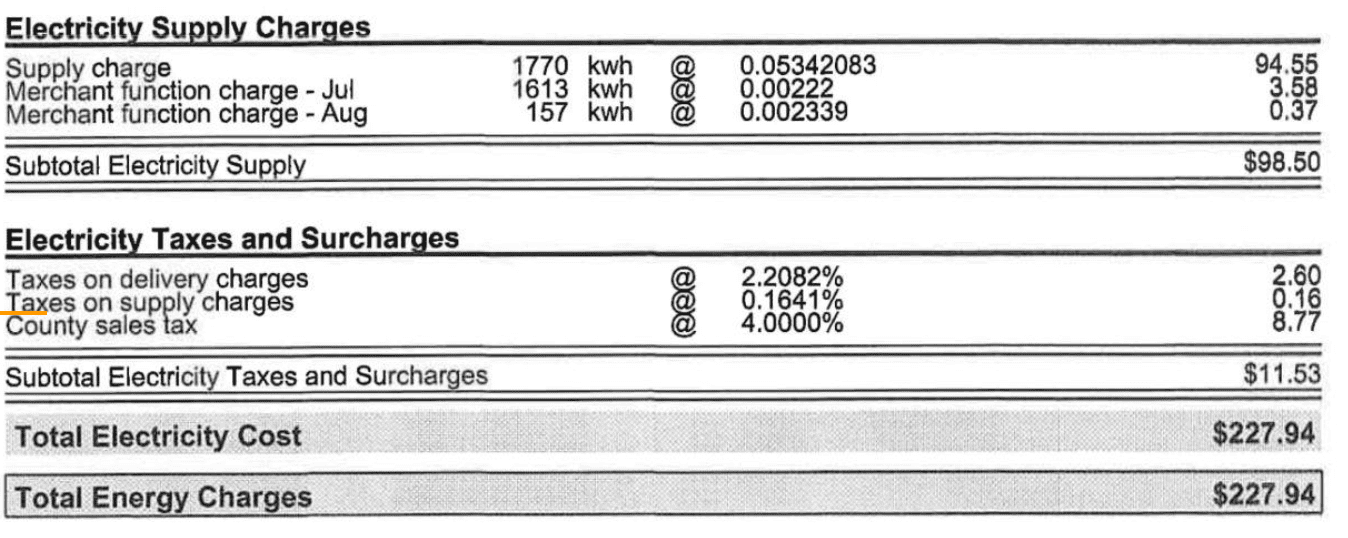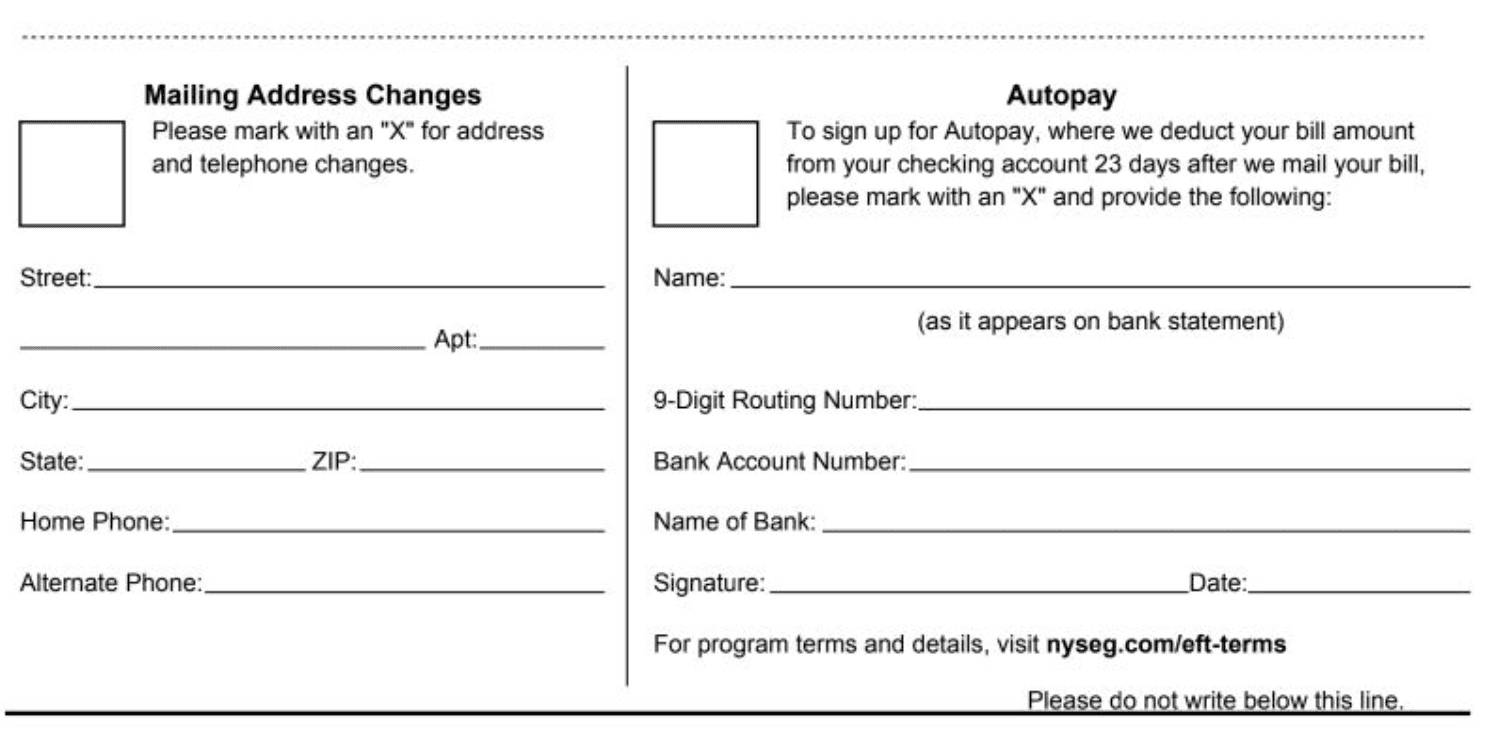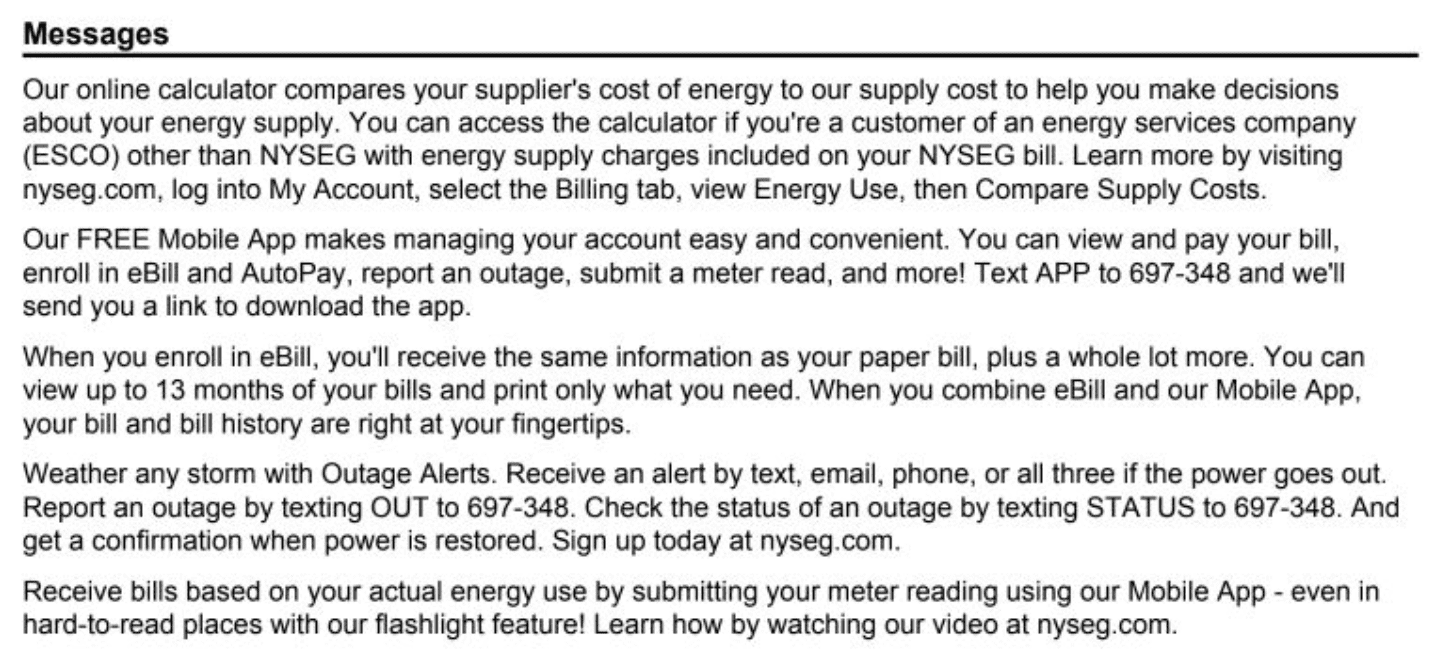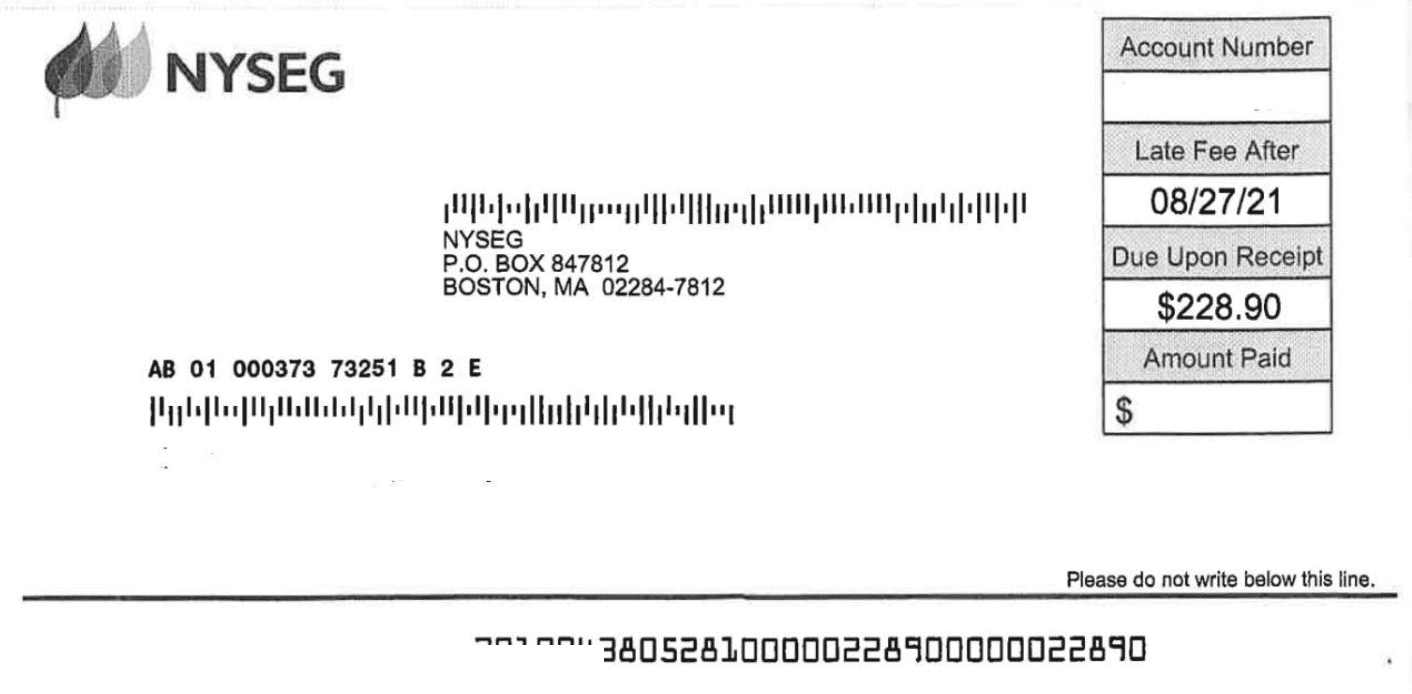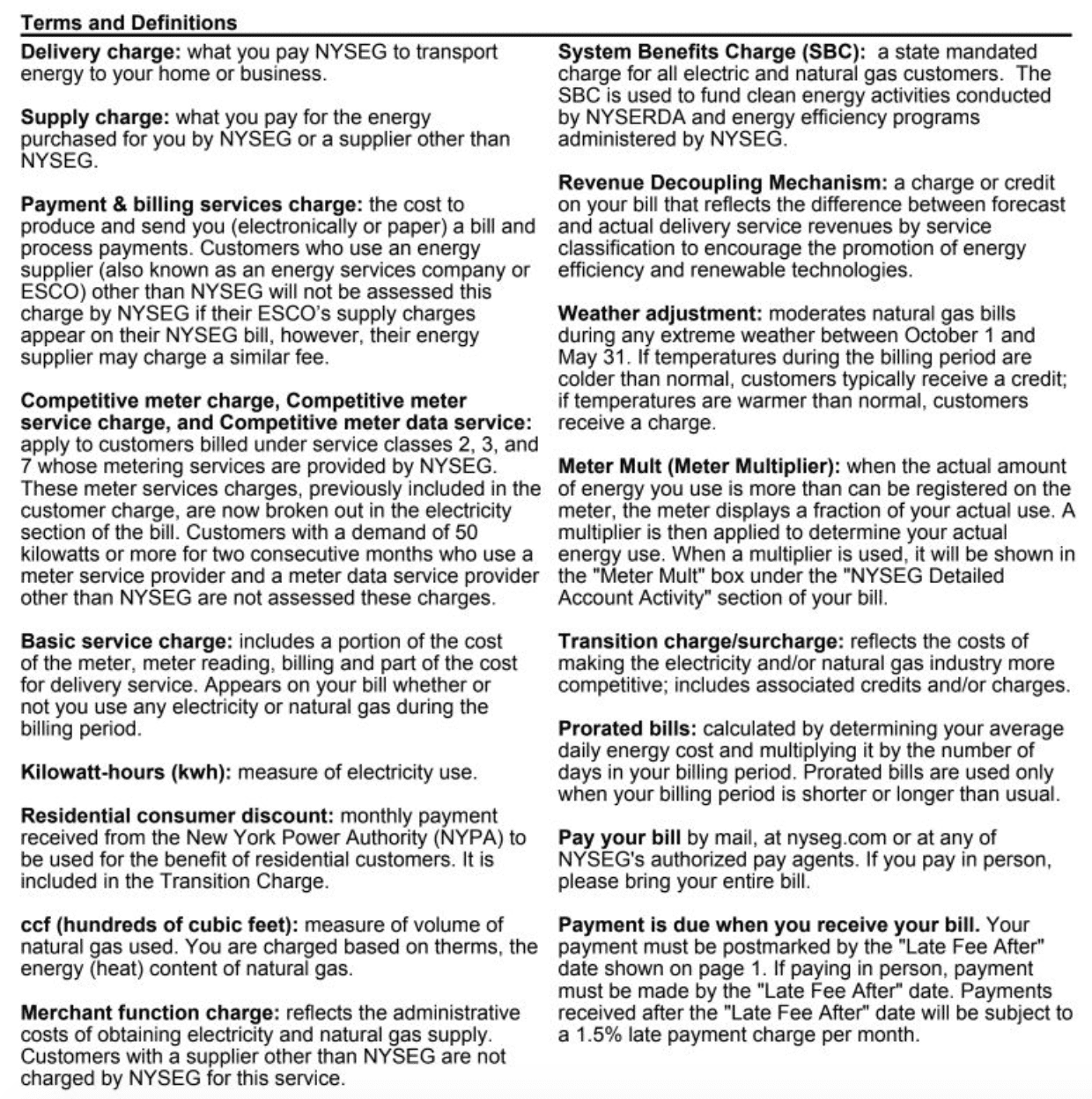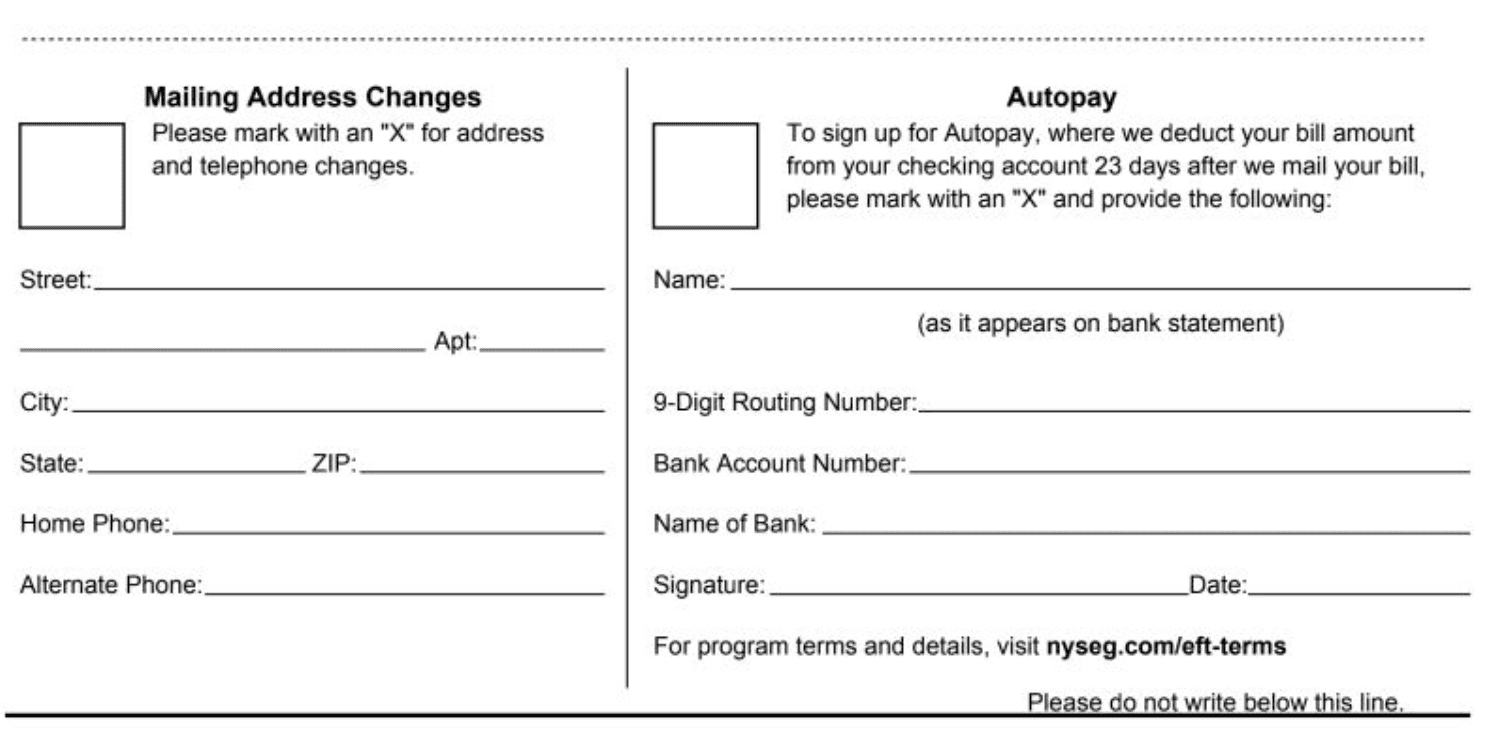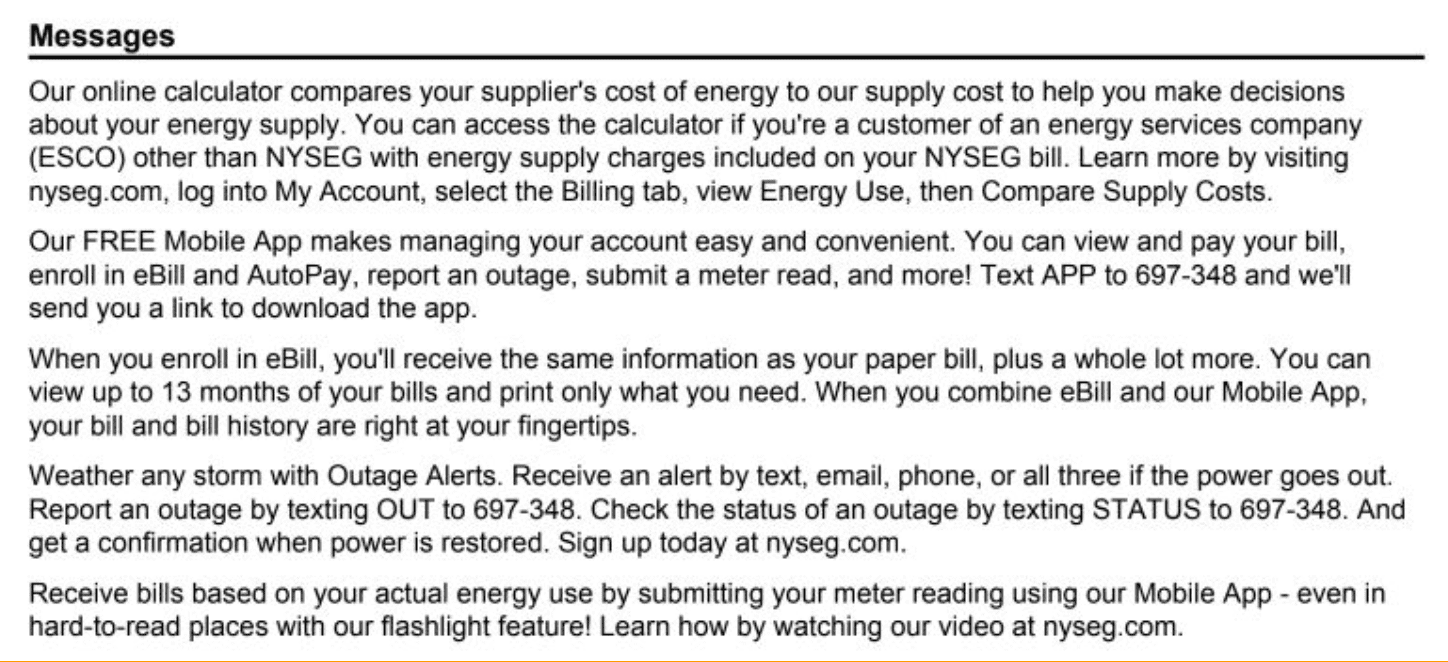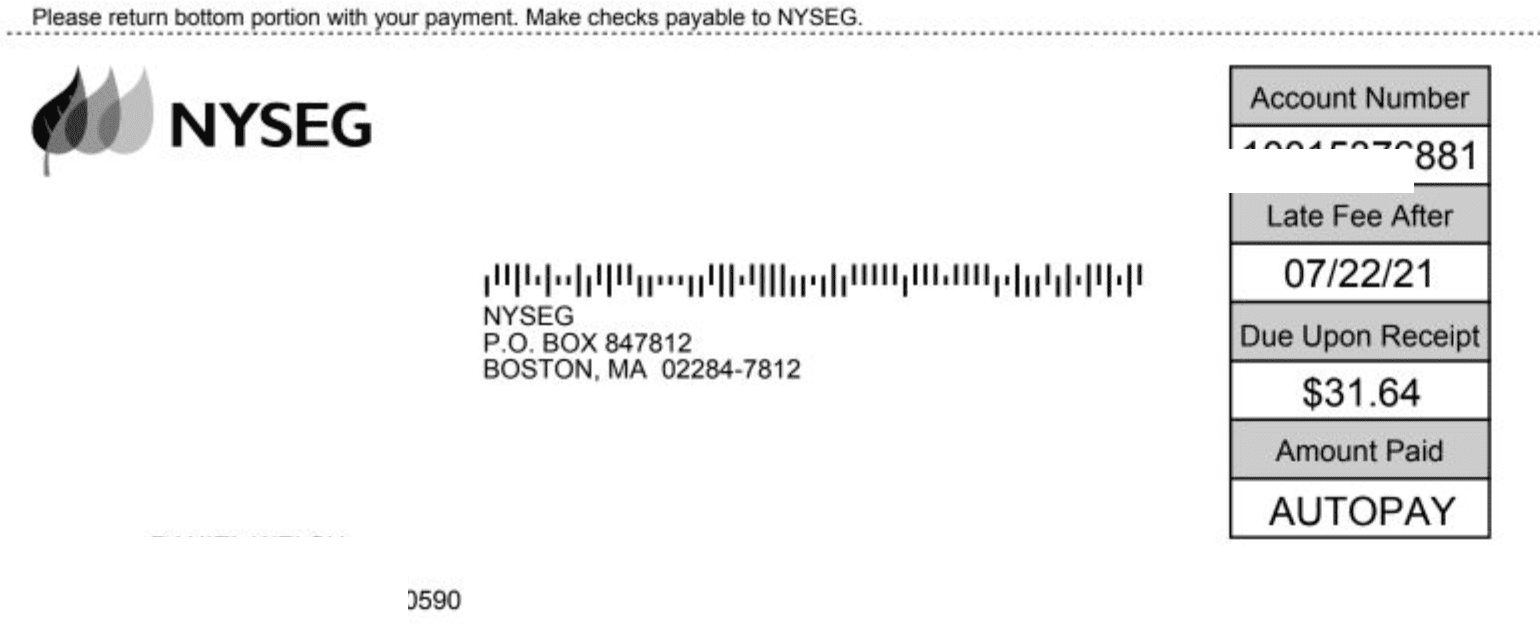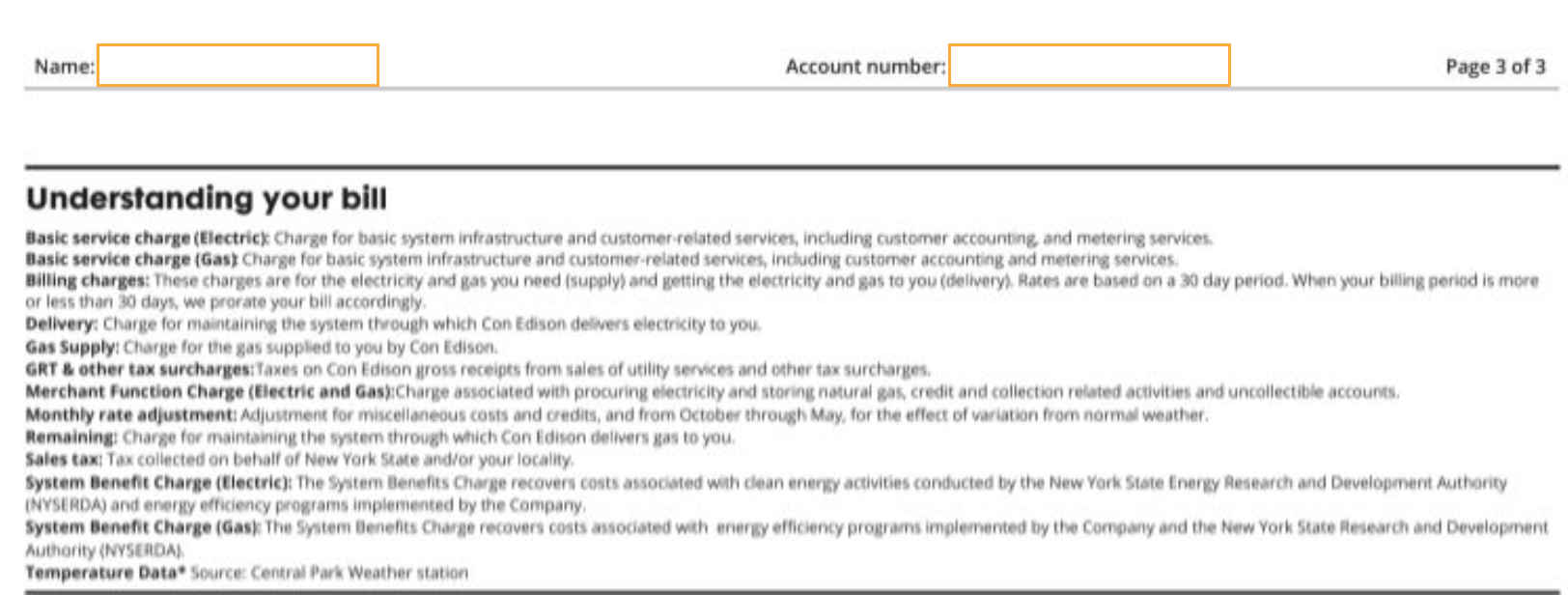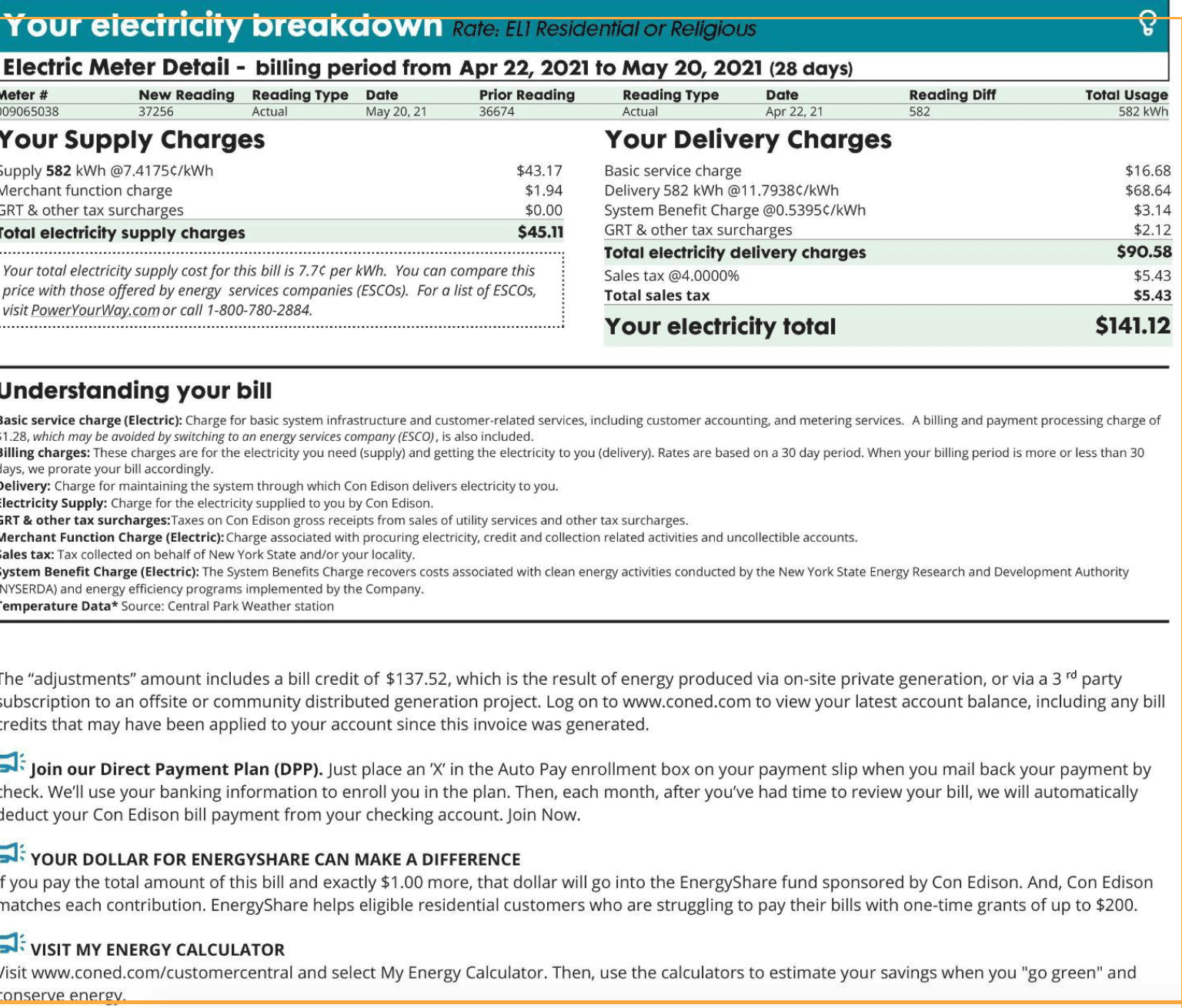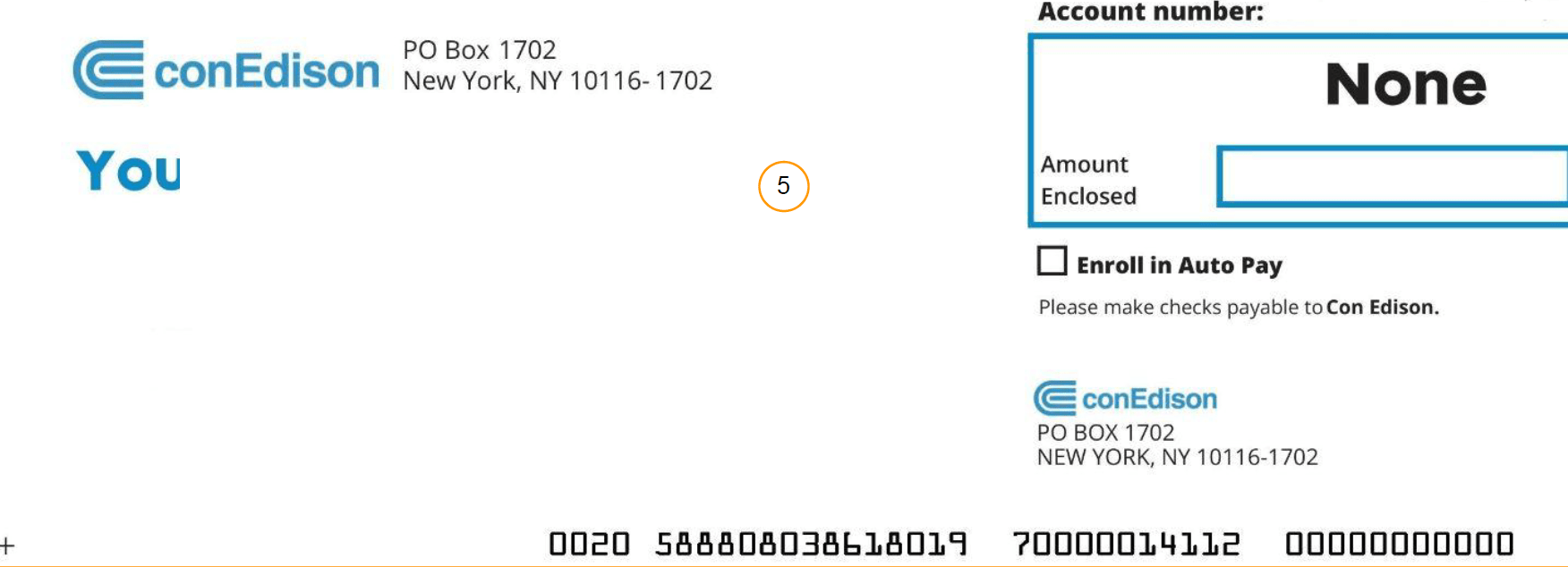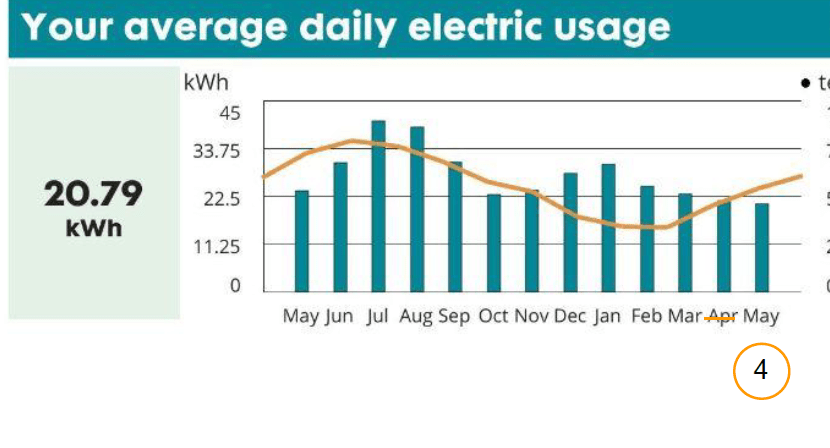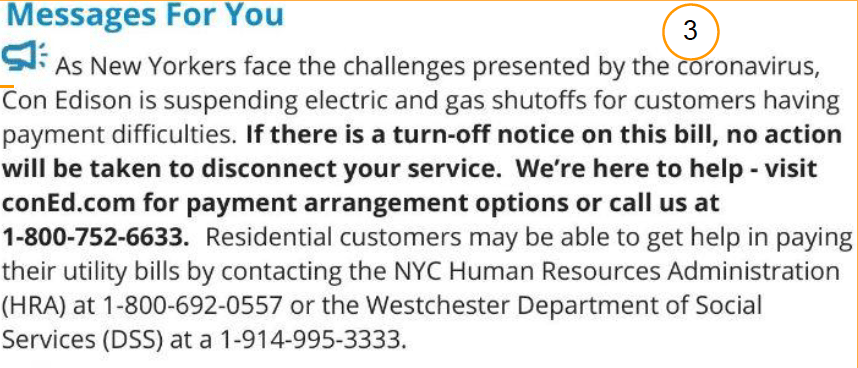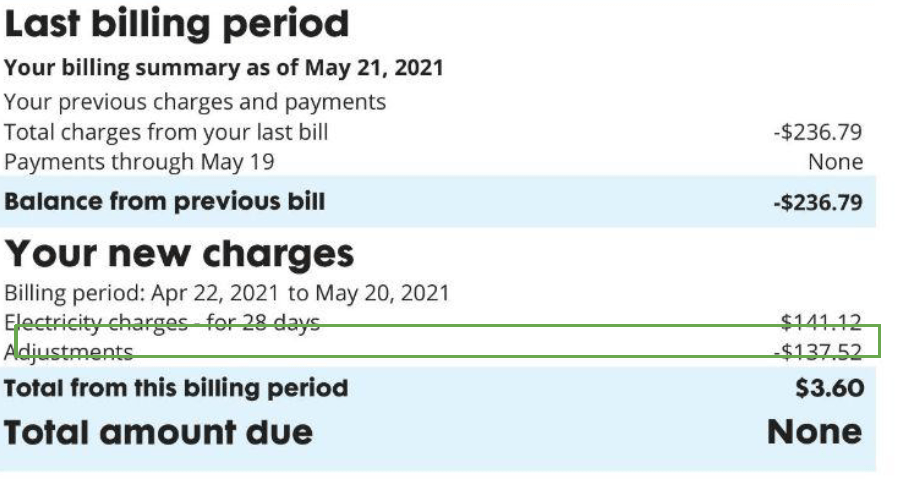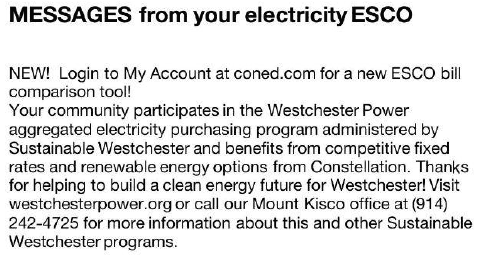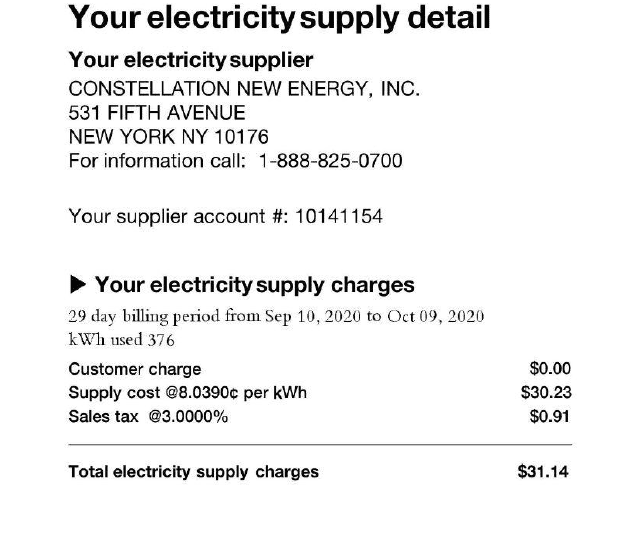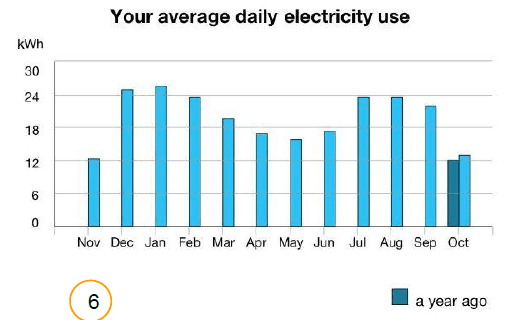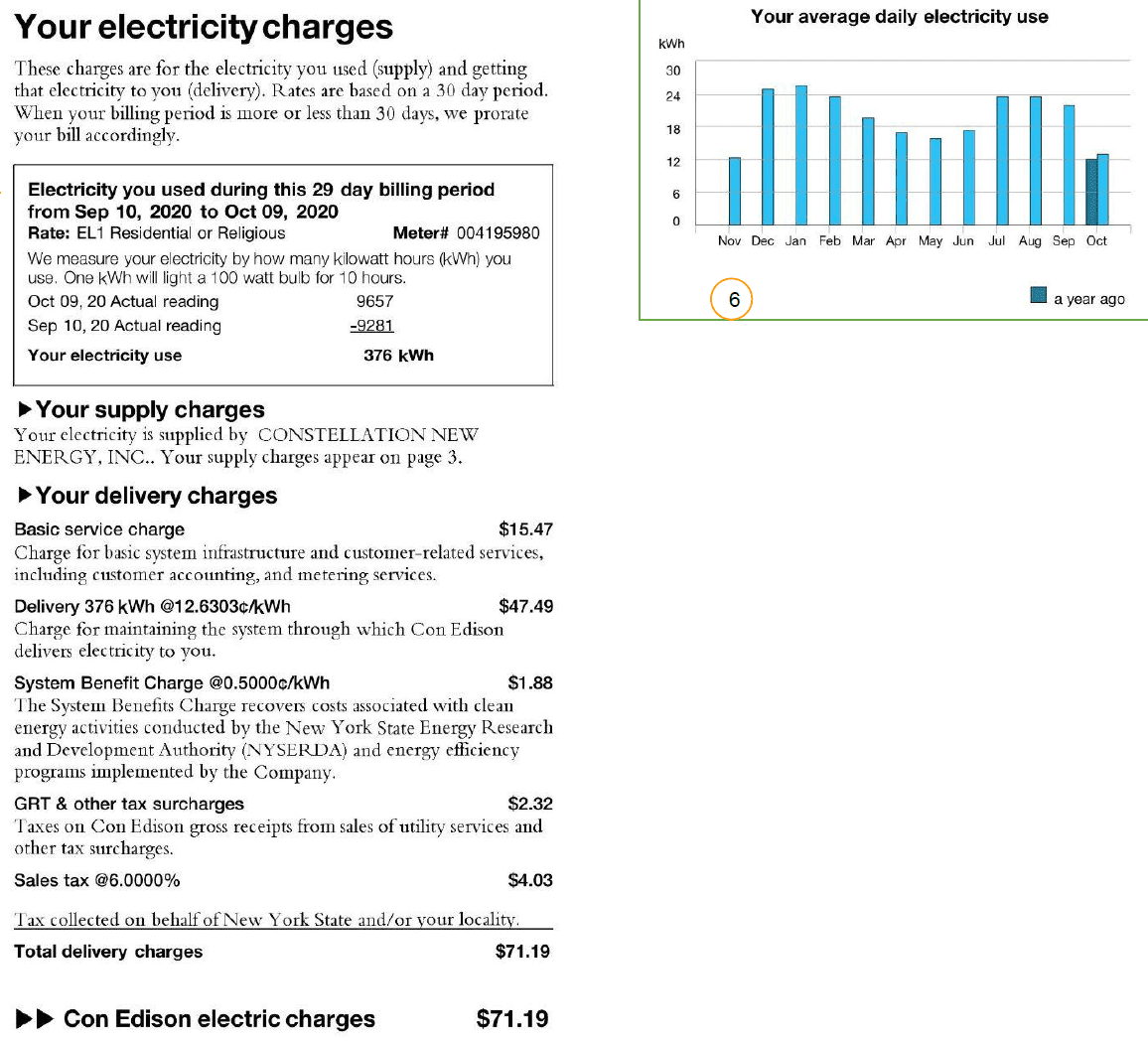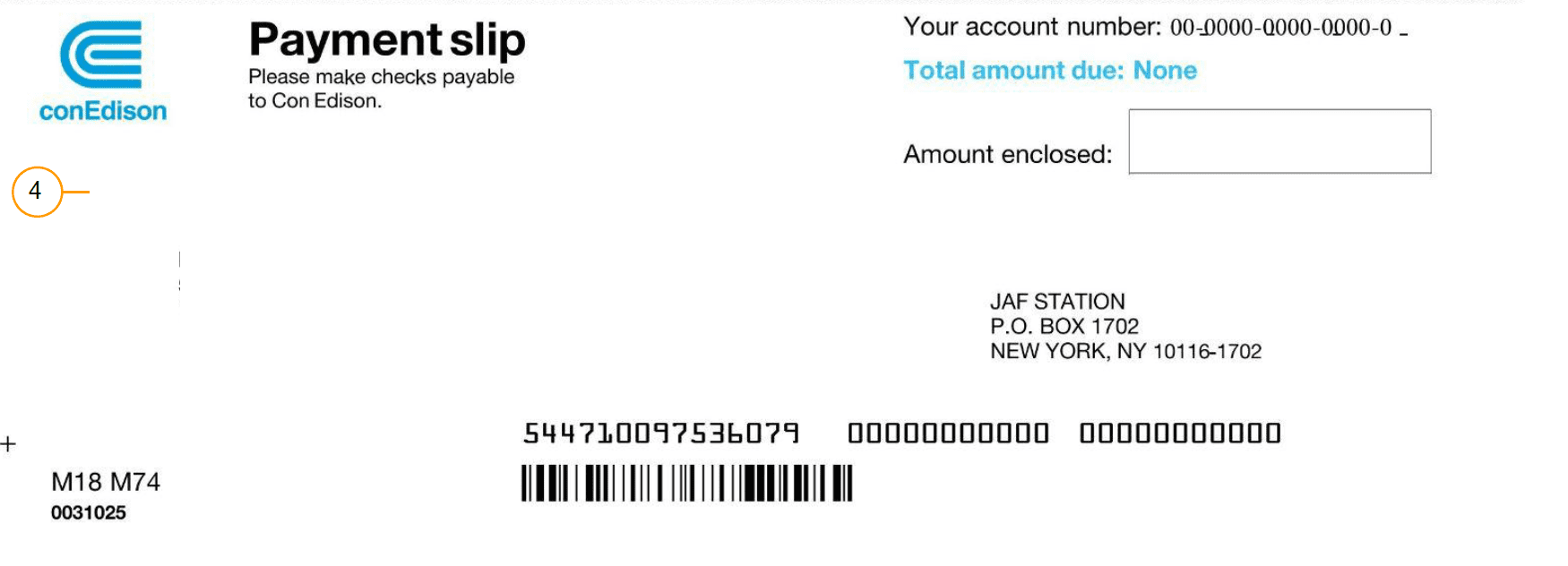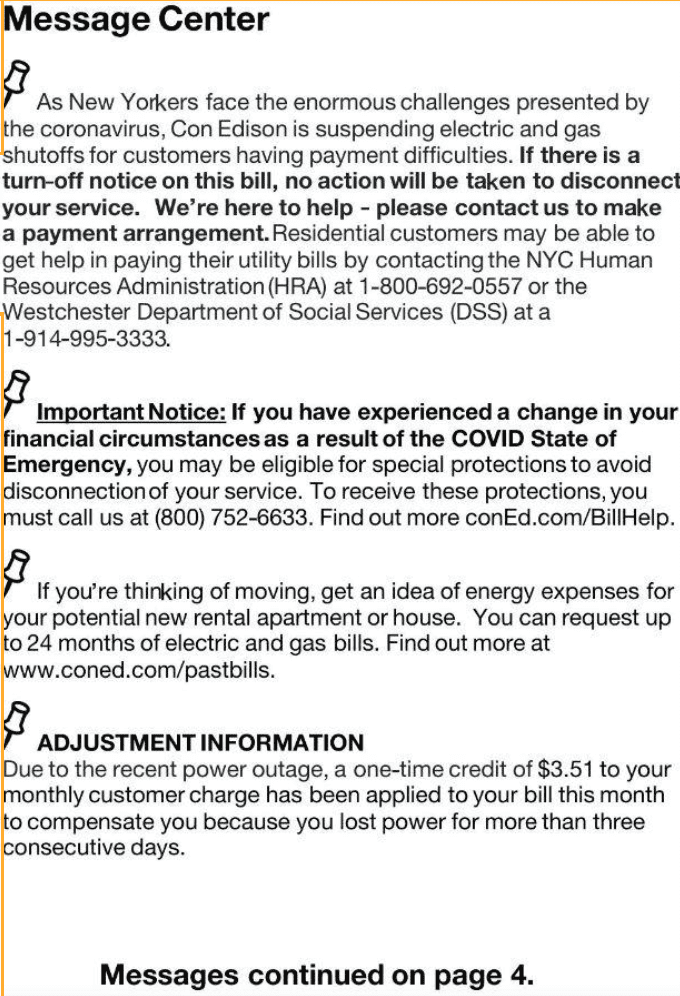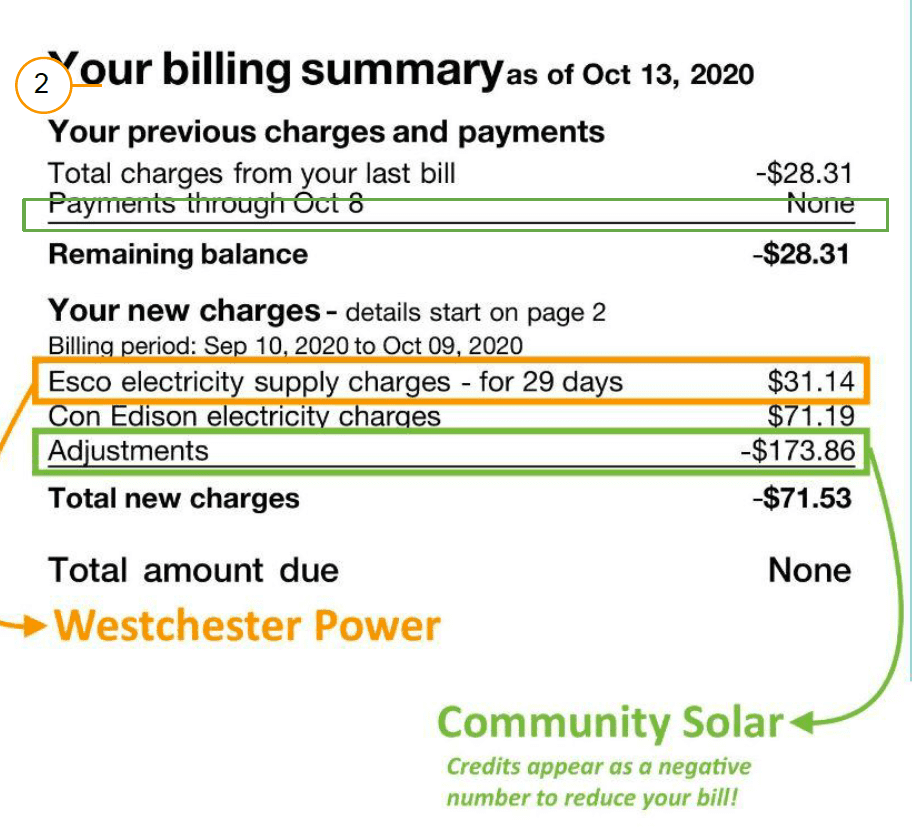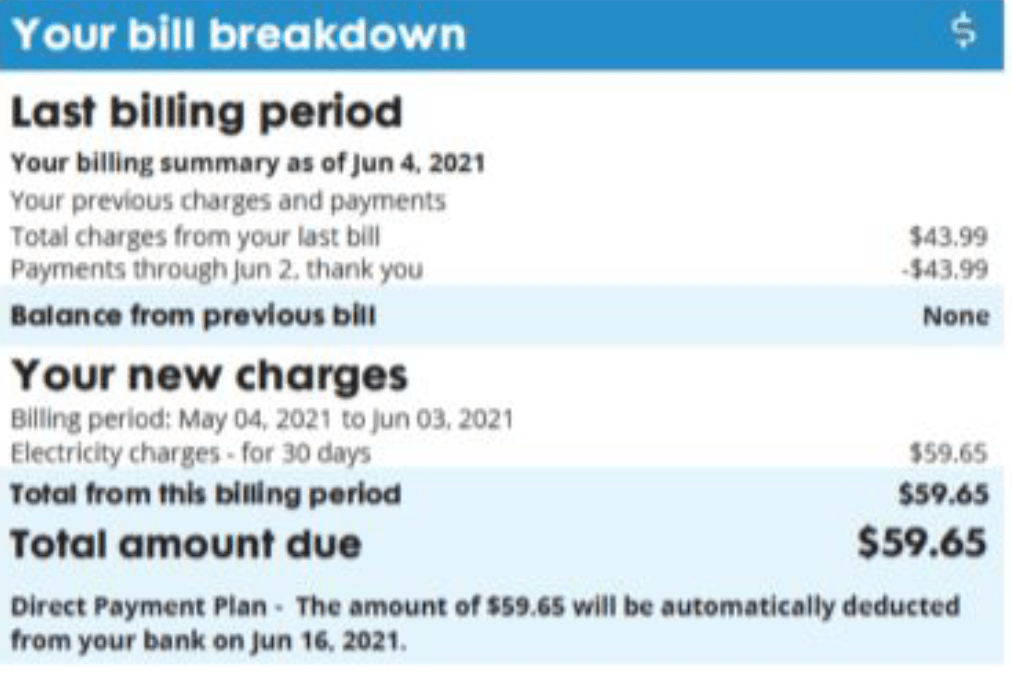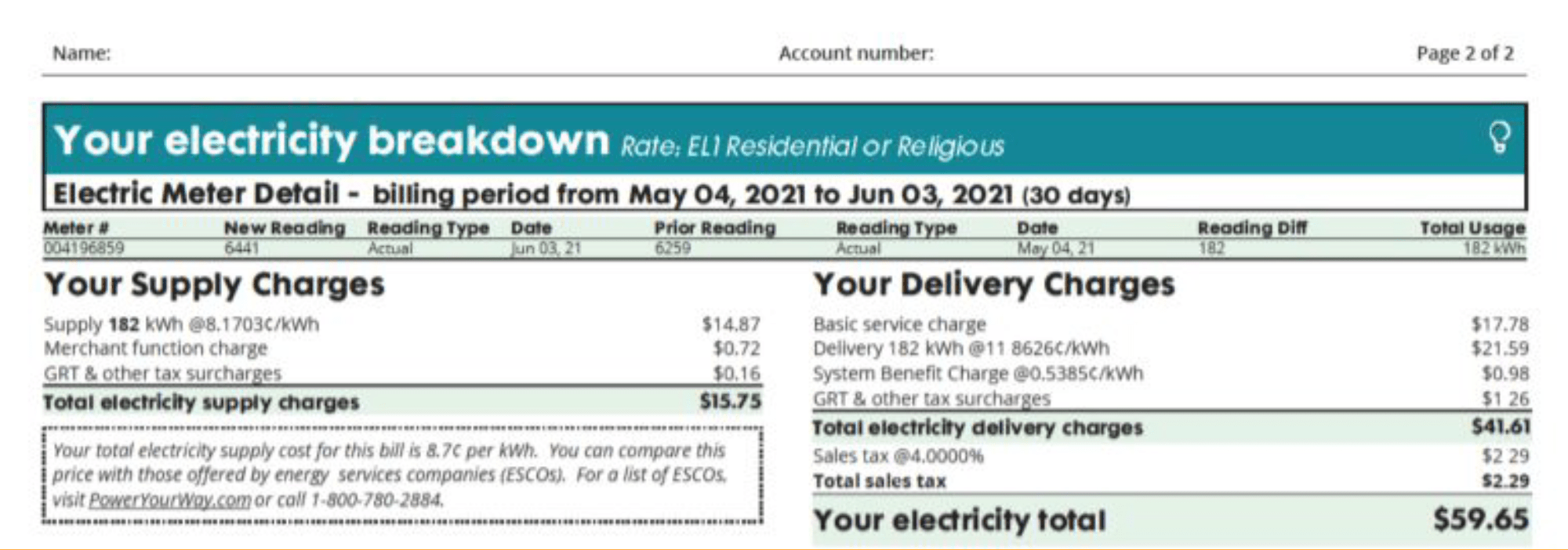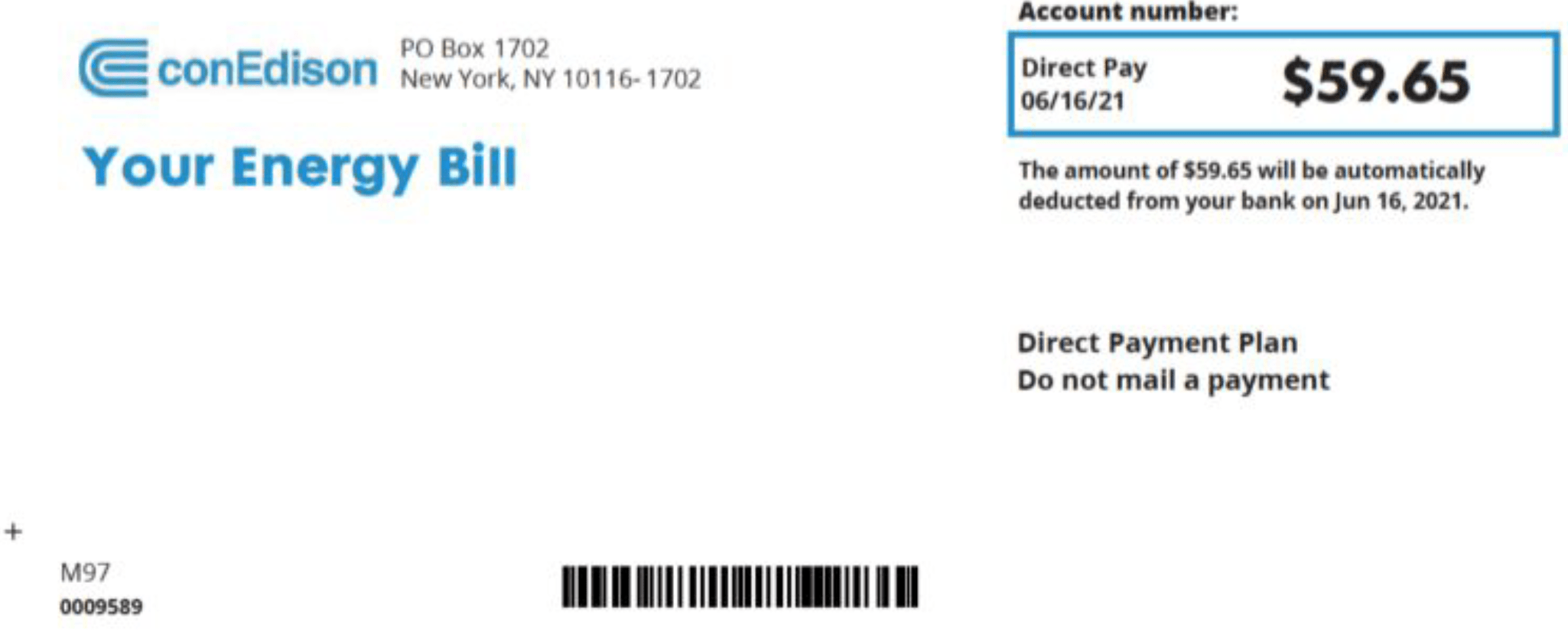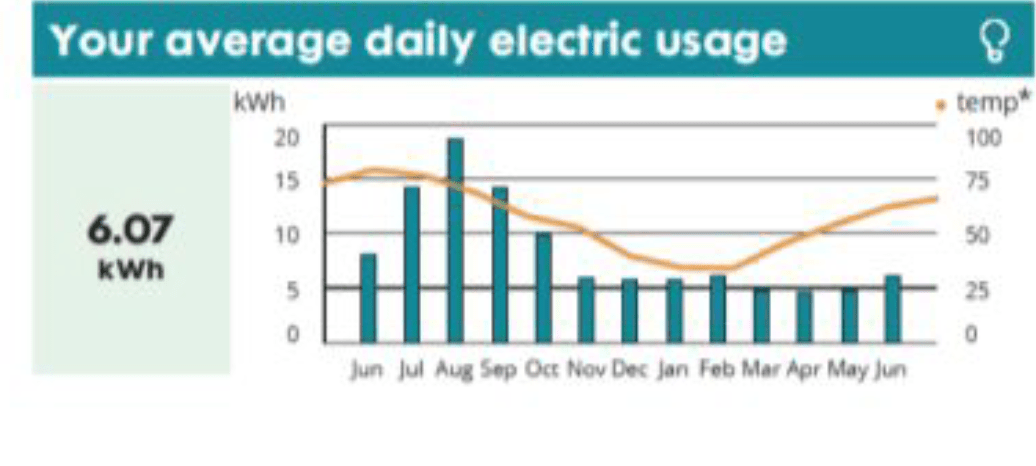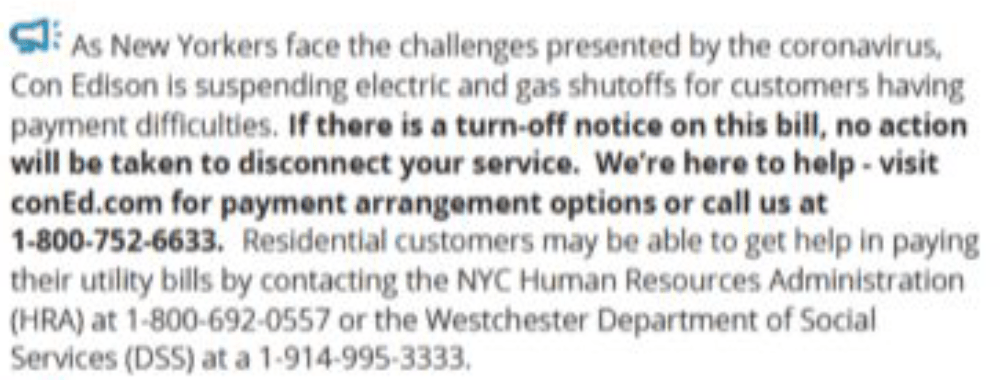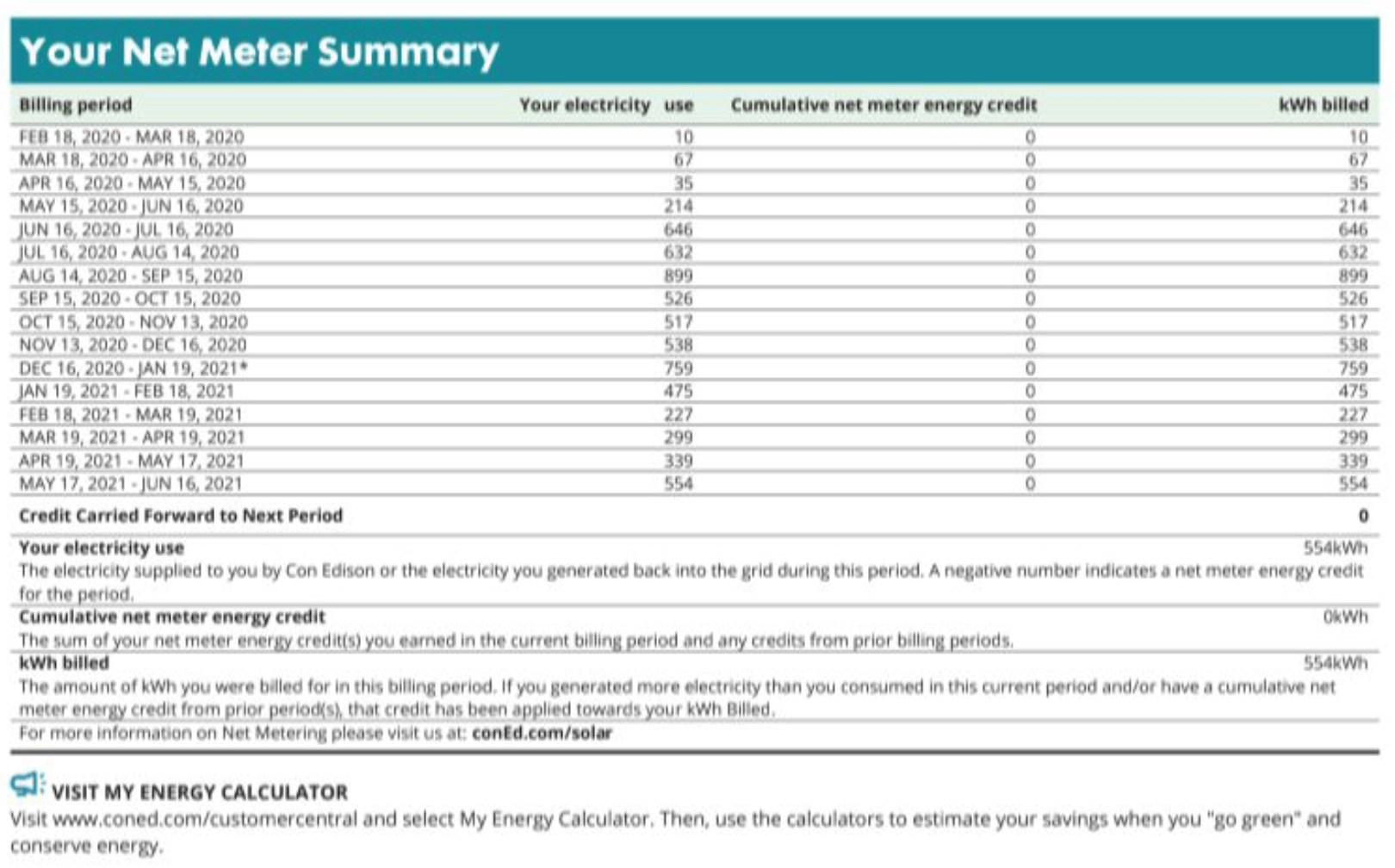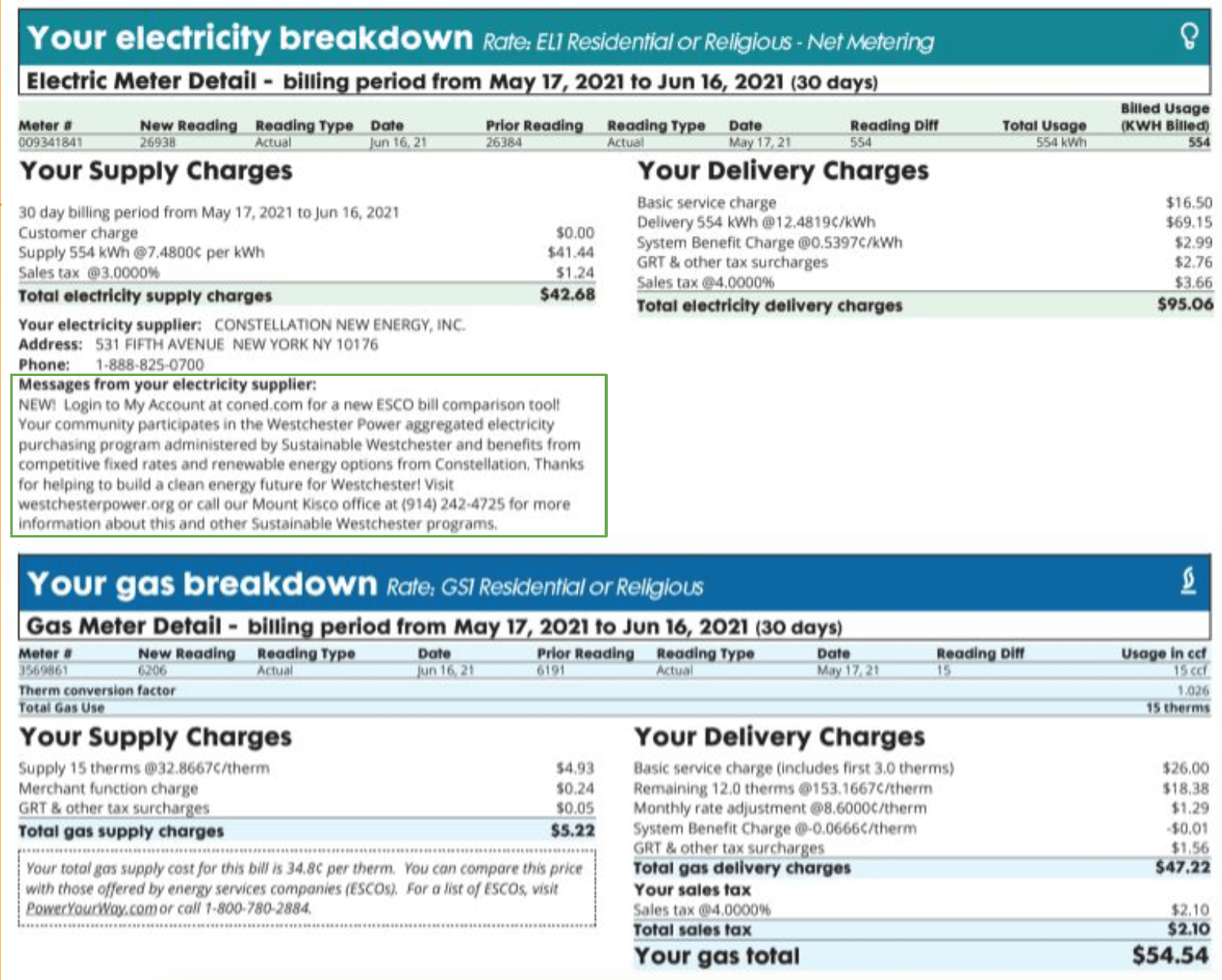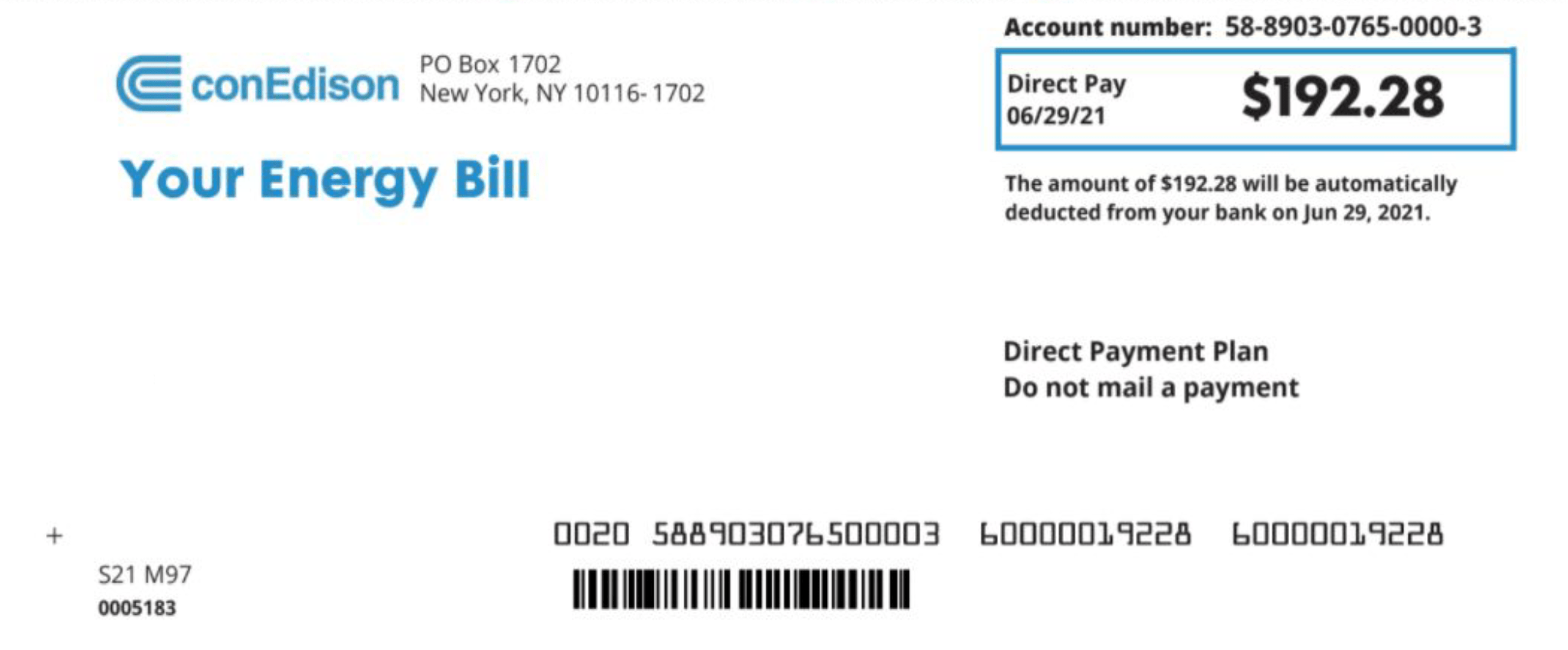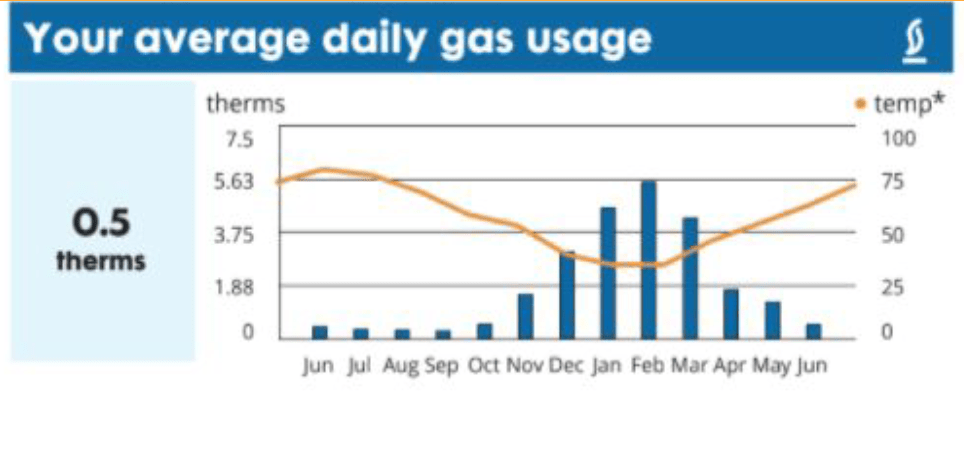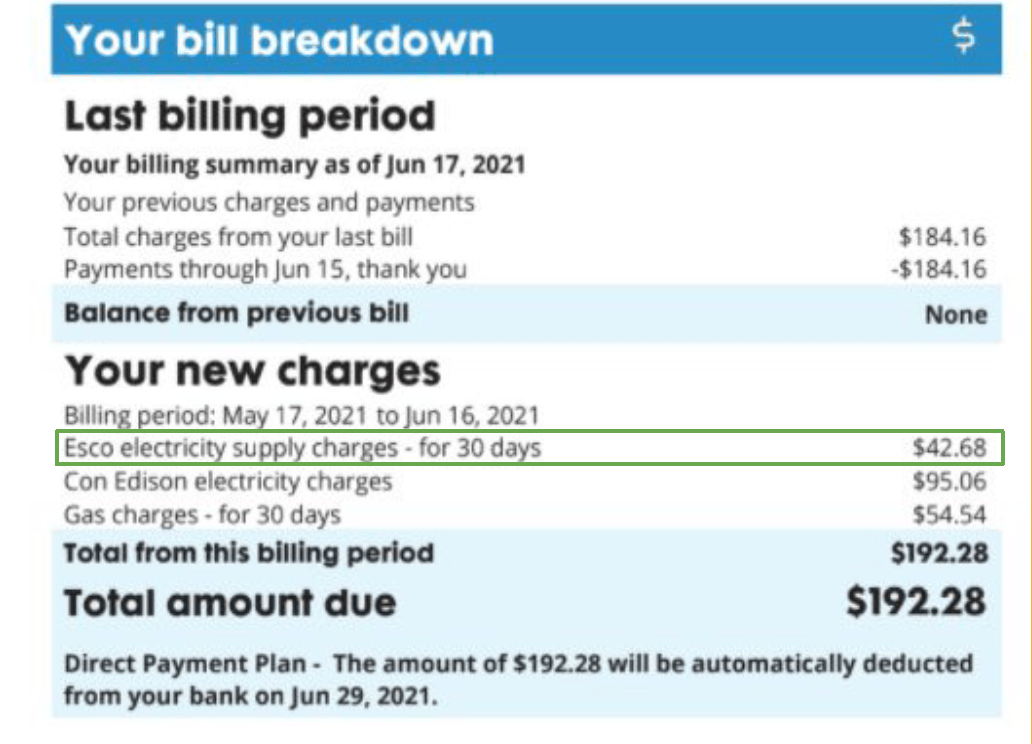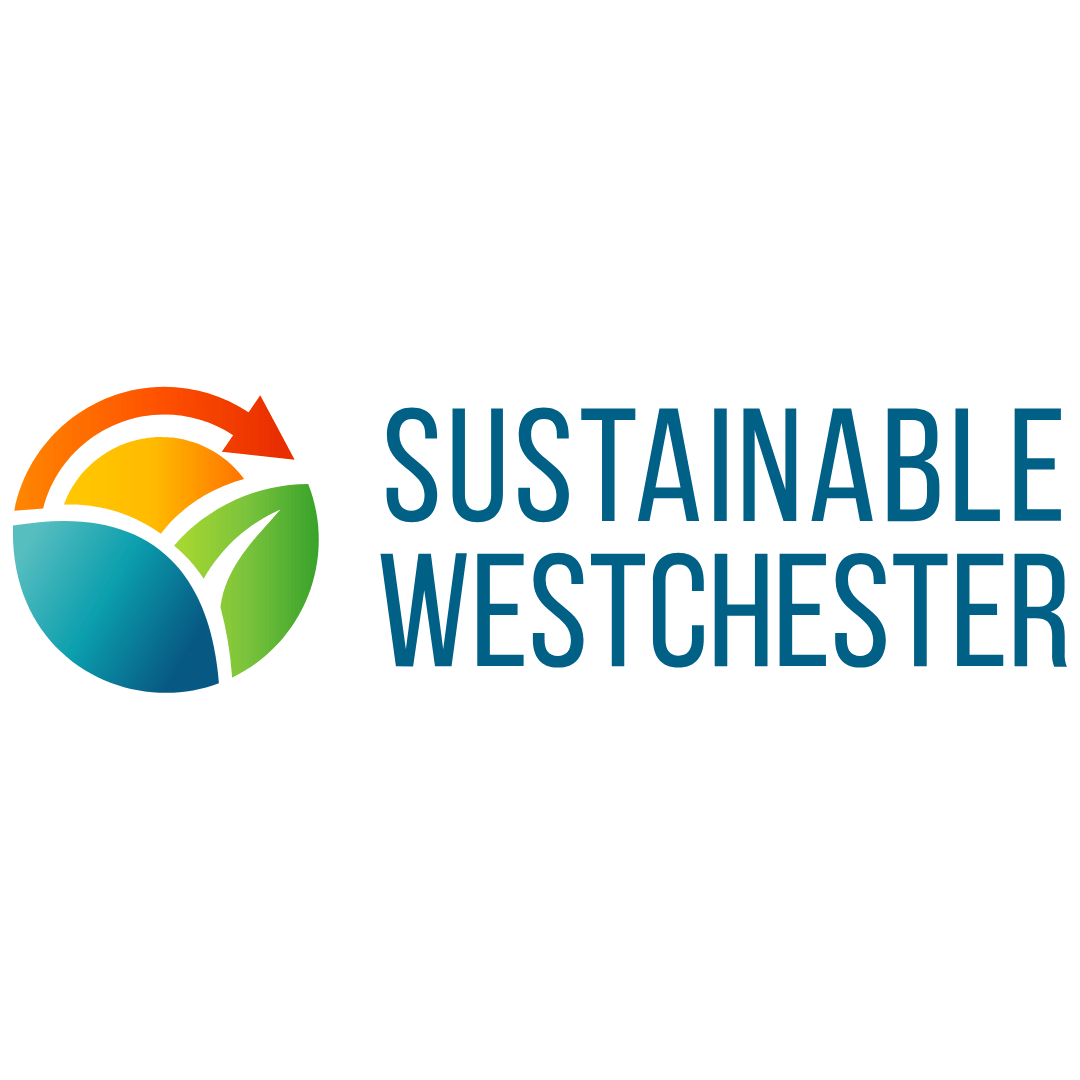

SUSTAINABLE WESTCHESTER SECURES $92,000 GRANT TO DEVELOP CLEAN ENERGY INFRASTRUCTURE IN
YONKERS & PEEKSKILL
Municipal T.E.N. (Thermal Energy Network) Accelerator will Help Municipalities Reduce Reliance on Fossil Fuels, Lower Costs, Achieve Climate Goals, and Increase Equitable Access to Clean Energy
Mount Kisco, N.Y. March 11, 2024 – Sustainable Westchester, Westchester County’s leading resource for local municipalities striving to make their communities safer and more resilient against the threats posed by climate change, announced today that it secured a $92,000 grant to help the City of Yonkers and the City of Peekskill lay the groundwork for critical new forms of clean energy infrastructure. The grant was made possible by the Westchester Community Foundation, a division of The New York Community Trust, one of the largest community foundations in the country with assets of approximately $3 billion.
Through the grant, the organization’s Municipal T.E.N. (Thermal Energy Network) Accelerator will help support the creation of community thermal energy networks (CTEN) in each municipality, a popular emerging clean energy technology that has been recognized for its ability to decarbonize buildings while lowering energy costs and ensuring a clear path to a more inclusive green economy. CTENs leverage a network of pipes and heat pumps to distribute clean thermal energy to buildings connected to the infrastructure, from ground, air, wastewater and surface water sources.
Under the Utility Thermal Energy Network and Jobs Act signed by Governor Kathy Hochul in 2022, New York became the first state in the nation to enact legislation promoting the development of thermal energy networks on a larger scale. The law dictates that a certain number of projects must be located in communities that have been disproportionately impacted by pollution and environmental justice issues, and the City of Yonkers and the City of Peekskill are home to 44 percent of Westchester’s Disadvantaged Communities Census Tracts as identified by New York State.
“The City of Yonkers’ strongly supports the widespread adoption of clean energy and is deeply committed to achieving the goals outlined in the City’s visionary Climate Action Plan,” said City of Yonkers Mayor Mike Spano. “Encouraging the development and use of large-scale community thermal energy networks will help advance our efforts to reduce greenhouse gas emissions, increase access to reliable and affordable clean energy, and protect our residents against the impacts of climate change.”
“Partnering with Sustainable Westchester to implement state-of-the-art community energy thermal networks is the latest example of our City doing everything in its power to address climate change head on and become a more sustainable municipality,” said City of Peekskill Mayor Vivian McKenzie. “This initiative will transform the way Peekskill incorporates climate solutions in its buildings, and it creates more pathways for residents of all backgrounds to access reliable and affordable clean energy.”
“Addressing climate change is one of the most pressing issues of our time, and equitably decarbonizing our County depends on leveraging every tool at our disposal,” said Rachel Carpitella, Sustainable Westchester Program Director, Building Decarbonization. “Community thermal energy networks can play a pivotal role in building community wealth and health while reducing energy burden and reliance on polluting fossil fuels for a diverse range of residents. Through the Municipal T.E.N. Accelerator we look forward to establishing a successful model for speeding the implementation of this critical technology, which can be replicated by municipalities across Westchester and beyond to achieve their climate goals.”
Thwarting the widespread adoption of CTEN technologies, however, are complex and occasionally prohibitive municipal codes and permits, inconsistent processes from one municipality to the next, and a general lack of understanding by local constituencies of how of these critical technologies operate.
As part of the grant, Sustainable Westchester will help the City of Yonkers and the City of Peekskill adopt a uniform industry standard to fast track CTEN installations, and establish a clear and consistent set of rules to encourage more CTEN investments across Westchester. It is hoped that by creating a successful blueprint, municipalities throughout New York can replicate it in service of the State’s climate, clean energy, and environmental justice goals.
Sustainable Westchester’s partners in the grant also include the Pace Energy and Climate Center at the Elisabeth Haub School of Law at Pace University and the International Ground Source Heat Pump Association (IGSHPA).
“Community thermal energy networks represent a profound opportunity to cogenerate clean energy for heating and cooling, and bring equality of access and reliability to a diverse range of communities across Westchester,” said Craig A. Hart, Executive Director of the Pace Energy and Climate Center at the Elisabeth Haub School of Law at Pace University.
“In order to achieve a more sustainable and decarbonized future in Westchester and across the globe, we must encourage the widespread adoption of the cleanest and most efficient heating and cooling technology available,” said Jeff Hammond, Executive Director of the International Ground Source Heat Pump Association.
Sustainable Westchester launched the first-of-its-kind REACH offering to partner with municipalities to develop, administer, and operate CTENs and to help commercial building owners decarbonize their properties and potentially connect to a CTEN. Interested municipalities and commercial building owners can contact Rachel Carpitella, program director at Sustainable Westchester, at rachel@sustainablewestchester.org or (914) 242-4725 ext. 106.
About Sustainable Westchester
Sustainable Westchester is a leading resource for local municipalities, residents, and businesses striving to make their communities safer and more resilient against the threats posed by climate change. Acting as a hub for innovative programming, extensive relationships, and effective advocacy, Sustainable Westchester has been at the forefront of regional and statewide efforts to achieve a clean energy transition, conserve natural resources, promote environmental justice, and help member communities become more prosperous, healthy, resilient, and equitable. For more about the organization and its activities, please visit sustainablewestchester.org.

